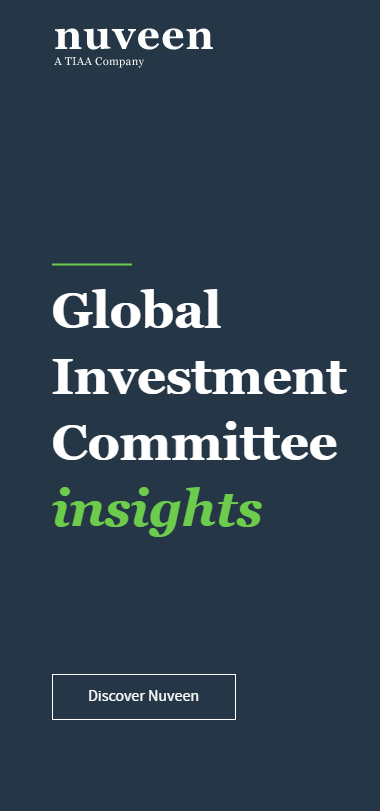
May 21, 2020 – In a report issued yesterday, J.P. Morgan suggested lockdown policies in the U.S. may not have yielded incremental benefits relative to a less restrictive social distancing measures.
The authors – Marko Kolanovic and Bram Kaplan – opined that lockdowns were administered with “little consideration” that the draconian measures may cause economic devastation potentially more serious than the impacts of COVID-19 iteself, writing the following:
While our knowledge of the virus and lack of effectiveness of total lockdowns evolved, lockdowns remained in place and focus shifted to contact tracing, contemplating second wave outbreaks, and ideas about designing better educational, political and economic systems. At the same time, millions of livelihoods were being destroyed by these lockdowns.
Based on proprietary data analysis by J.P. Morgan’s Quantitative and Derivatives Strategy group, the report concluded that U.S. states’ infection rates (measured by comparing the most recently available R-naught with the R-naught on the day lockdowns ended) declined, not increased, after lockdowns ended.
The report suggested that control of the novel coronavirus may be more driven by super-spreader events, infection within the most vulnerable populations such as in nursing homes and weather patterns in the northern hemisphere.
One of the reasons why political institutions may have been slow to react to the economic devastation caused by COVID-19, the authors suggested, was “government employees have been less affected by lockdowns than small private businesses”.
Based on Labor Department estimates, close to 40 million Americans have lost their jobs as a result of COVID-19, virus-related shutdowns and business closures.
Moving forward, the analysts from J.P. Morgan expect political risks and COVID-19 related “fallout” (as opposed to direct COVID-19 health and economic risks) to have a greater impact on international trade and financial markets, but notes that such such risks are “tail risks” and have not reached the level of being an “imminent threat” to financial markets.
Contact Jenny Lee at JLee@buymuni.com.



